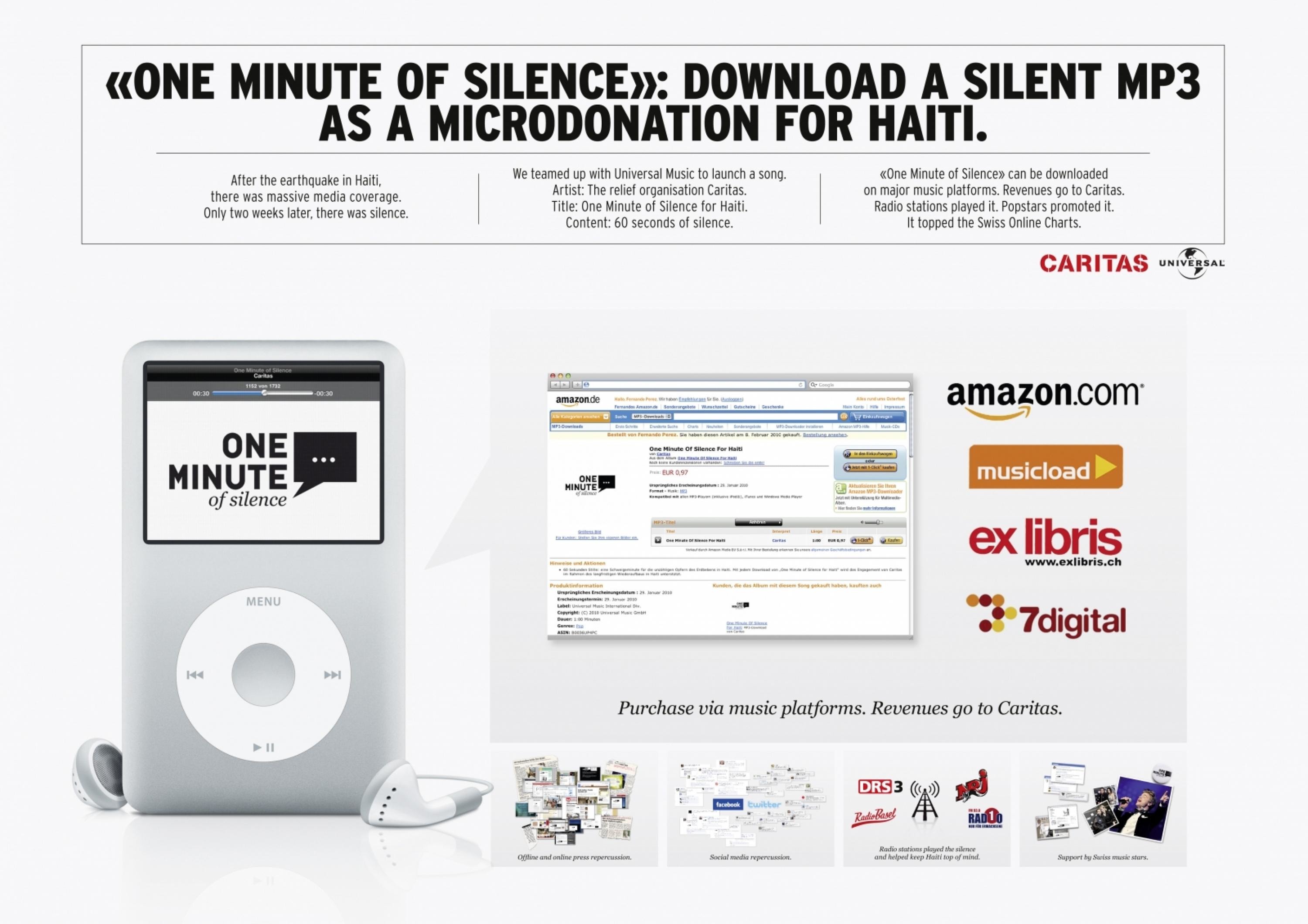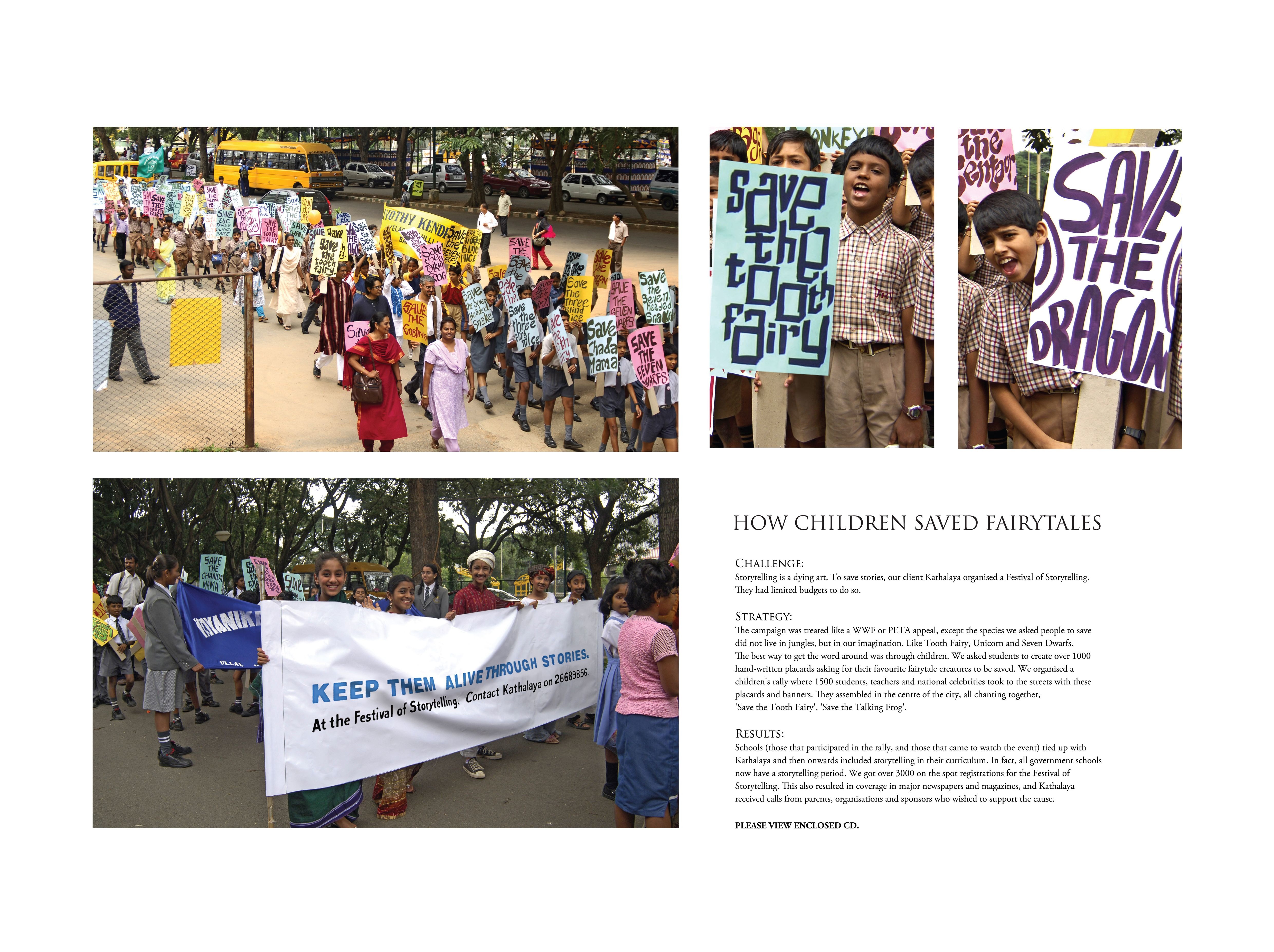Cannes Lions
FUNDRAISER
N=5, Amsterdam / ALZHEIMER NEDERLAND / 2015
Awards:




Overview
Entries
Credits
OVERVIEW
Description
Almost 36 million people worldwide suffer from Alzheimer’s disease.
Awareness and knowledge about the disease are crucial to finding a cure. At the moment, people only associate Alzheimer’s disease with senility and forgetfulness. We wanted to let them experience some of the confusion people suffering from Alzheimer’s are confronted with every day.
Simply telling a story wasn’t sufficient to raise awareness and knowledge about Alzheimer’s. To create impact, we wanted people to experience a bit of the confusion people suffering from Alzheimer’s are confronted by on a daily basis. We had to find a striking media moment because we had to reach a lot of people and we had no media budget.
Every year, people look forward to Google’s Zeitgeist. This year, Alzheimer Netherlands created its own Zeitgeist and launched it just before Google launched theirs. But this year people didn’t get what they were expecting. The images became increasingly disconnected from the viewers’ memories and expectations. This created the sort of confusion experienced by people suffering from Alzheimer’s.
To maximise credibility, we created our own Zeitgeist 2014 YouTube channel. Alzheimer Netherlands hijacking Google’s Zeitgeist was news. Our video gained massive international online media coverage. This resulted in the number one result for #YearInSearch on the day Google launched their video. All this media attention was equivalent to an estimated media value of €500,000. This is how we managed to turn an eagerly anticipated moment of reflection at the end of 2014 into a moment of attention for Alzheimer’s disease.
Execution
To hijack Google’s Zeitgeist, we had to launch our video in as credible a way as possible, before Google launched theirs. Viewers thought they were watching Google’s Zeitgeist but it wasn’t what people were expecting. The images became increasingly disconnected from the viewers’ memories and expectations. This created the sort of confusion experienced by people suffering from Alzheimer’s disease.
We created a Zeitgeist 2014 YouTube channel to upload our video. This increased our video’s credibility and was of huge help in spreading our message despite our having no media budget. By adding the official 2014 Google Zeitgeist hashtag after it was launched, we were also able to reach people specifically searching for Google’s Zeitgeist.
Outcome
Despite having no media budget, we managed to confuse tens of millions of people across the world. Massive national and international online media coverage made our video the number one result for #YearInSearch on the day Google launched theirs. In addition, our video was shared directly via personal social media channels a tremendous number of times. This introduced the discussion around this topic to online communities and social media. All the media attention was equivalent to an estimated media value of €500,000. This is how we managed to turn an eagerly anticipated moment of reflection at the end of 2014 into a moment of attention for Alzheimer’s disease.
Similar Campaigns
11 items




